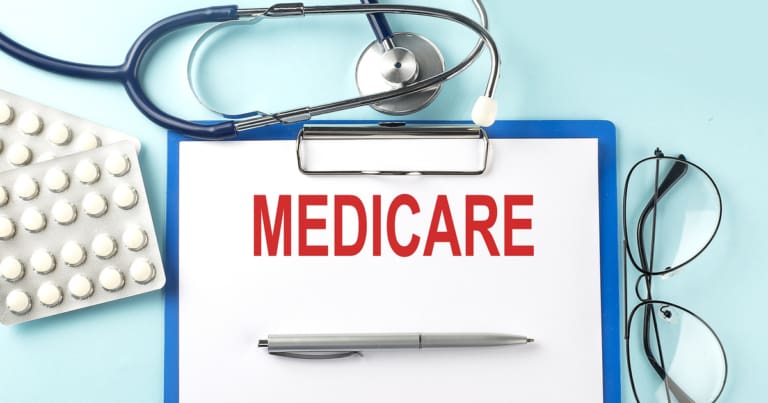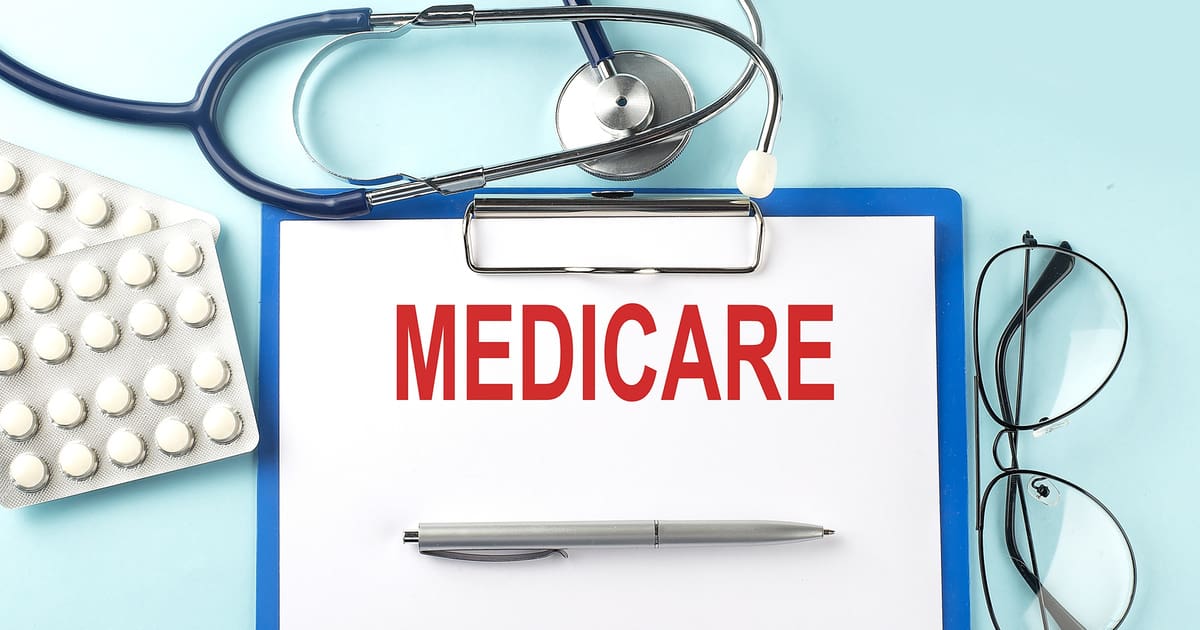On Nov. 5, 2025, CMS released a final rule updating the Medicare Physician Fee Schedule for 2026. This article outlines important payment and policy changes that will shape reimbursement and practice operations for allergists in the coming year.
Two conversion factors
For the first time in the history of the Medicare Physician Fee Schedule, CMS finalized two conversion factors. For 2026, CMS increased the conversion factors to:
- $33.5675 for Qualifying Alternative Payment Model (APM) Participants (QPs)
- $33.4009 for non-QPs.
These represent increases of 3.77% and 3.26%, respectively, over the 2025 conversion factor.
These figures reflect:
- The Medicare Access and CHIP Reauthorization Act (MACRA)-mandated payment updates (0.75% for Qualifying APMs and 0.25% for others)
- A +0.49% budget neutrality adjustment
- A temporary (one-year) 2.5% increase to the conversion factor pursuant to the One Big Beautiful Bill Act
In addition, CMS expects the impact of the practice expense and efficiency adjustments on RVUs for allergy/immunology to be +7%. For the majority of allergists who are non-facility, the impact is estimated to be +8%. Unfortunately, facility-based allergists will receive an approximate -11% decrease in RVUs. See details below.
To assist practitioners in evaluating the impact of these conversion factors, the Advocacy Council has developed a spreadsheet that compares the 2025 final reimbursement rates and relative value units (RVUs) to those finalized for 2026 (the figures presented do not reflect other statutory adjustments.)
Practice expense
In the 2026 final rule, CMS finalized a dramatic change to practice expense methodology resulting in a considerable payment shift away from facility-based physicians and toward office-based physicians.
The Advocacy Council developed a spreadsheet that compares the 2025 Total Non-Facility RVUs and Total Facility RVUs to those finalized for 2026.
Thanks to the Advocacy Council’s efforts, CMS did not adopt the AMA’s 2023–2024 Physician Practice Information (PPI) Survey data. In our letter to CMS, the Advocacy Council raised serious concerns regarding the PPI Survey report, including concerns that the data on practice expense of allergy practices and hours spent in direct patient care by allergy practices were not accurately represented in the PPI Survey report.
Practice expense value of CPT code 95165
The Advocacy Council had previously submitted a request to CMS to update the current direct cost input for allergy antigen, multi (pollen, mite, mold, cat). The current direct cost input for this supply is $8.96. Based on the invoices that we received from our members across the country, (thanks to all who provided invoices), we requested that the cost input for 1 mL of allergy antigen be increased to $17.07. In the 2026 final rule, CMS acknowledged the rising costs of the antigen supply and raised the direct cost input to $13.00 – a 45% increase over the current supply price. The pricing of $13.00 for the allergy antigen supply, however, was based on an average of the submitted 50 mL invoices, rather than a more accurate mix of 5, 10, and 50 ml invoices. The College’s Advocacy Council will continue to advocate for a correction in the direct cost input of CPT 95165.
Direct supervision
Medicare direct supervision rules require “incident to” services performed by clinical staff to be under the direct supervision of a physician, which historically meant that the physician was required to be immediately available on-site. During the COVID-19 public health emergency, and extended thereafter, CMS relaxed the direct supervision requirement, allowing the supervising physician/practitioner to be immediately available through the use of virtual real-time audio/visual technology.
In the 2026 final rule, CMS permanently adopted a definition of direct supervision that permits immediate availability of the supervising practitioner using audio/video real-time communications technology (excluding audio-only), for most “incident to” services. The Advocacy Council strongly supported this policy, emphasizing that it maintains flexibility in care delivery and improves access for patients in underserved areas. The following allergy services now fall under this broader definition:

| CPT Code | Description |
|---|---|
| 95165 | Preparation and provision of antigens for allergy immunotherapy |
| 95115/95117 | Allergen immunotherapy – single injection/multiple injections |
| 94010 | Spirometry |
| 95004 | Allergy percutaneous test(s) (scratch, puncture, prick) |
| 95044 | Allergy patch or application test(s) |
| 95076/95079 | Ingestion challenge test – initial 120 minutes of testing/each additional 60 minutes of testing |
| 95180 | Rapid desensitization procedure |
Efficiency adjustment
CMS finalized an efficiency adjustment, which reflects a 2.5% decrease to the work RVUs and corresponding intraservice portion of physician time of non-time-based services. According to CMS, this adjustment reflects gains in practitioner experience, workflow improvement, and advances in technology that make certain procedures more efficient over time. In practice, this means that certain procedural services will see a downward adjustment in payment to reflect these efficiencies. However, CMS stated that it is exempting “additional codes, specifically time-based codes, services on the CMS telehealth list, and new codes for CY 2026, as reflected in the Codes Subject to Efficiency Adjustment file.” Among the exempted codes were several allergy/immunology services, including, but not limited to:
| CPT Code | Description |
|---|---|
| 95012 | Nitric oxide exp gas deter |
| 95028 | Ig tsts allergy delayed rxn |
| 95044 | Patch/application tests |
| 95052 | Photo patch tests |
| 95056 | Photo tests |
| 95060 | Oph mucous membrane tests |
| 95065 | Dir nasl mucous membrane test |
| 95070 | Inhlj brncl challenge tstg |
| 95076 | Ingest challenge ini 120 min |
| 95079 | Ingest challenge addl 60 min |
| 95115 | Immunotherapy one injection |
| 95117 | Immunotherapy injections |
| 95120 | Immunotherapy one injection |
| 95125 | Immunotherapy 2/> injections |
| 95130 | Immntx 1 sting insect |
| 95131 | Immntx 2 sting insect |
| 95132 | Immntx 3 sting insect |
| 95133 | Immntx 4 sting insect |
| 95134 | Immntx 5 sting insect |
| 95180 | Rapid desensitization |
| 95199 | Unlisted all/immlg svc/px |
| 96372 | Ther/proph/diag inj sc/im |
SDOH risk assessment and physical activity and nutrition assessment
Allergists who screen Medicare patients for social determinants of health (SDOH) will no longer be able to bill separately for this service. However, SDOH screening could still be incorporated into an E/M visit and considered when determining visit complexity level or length.
The HCPCS code G0136, which was previously assigned for the administration of a standardized, evidence-based SDOH risk assessment tool, has been revised to reflect “administration of a standardized, evidence-based assessment of physical activity and nutrition, 5-15 minutes, not more often than every 6 months.” G0136 will be eligible for provision by telehealth.
For more details, please refer to the 2026 Medicare Physician Fee Schedule Final Rule.
The Advocacy Council – ADVOCATING FOR ALLERGISTS AND THEIR PATIENTS.


